- Most of us are happy that major issues were fixed through the March 2023 Patch Tuesday.
- Many of us are, however, struggling with slow SSD speeds caused by the same recent updates.
- There are a lot of reports on Twitter coming from users that are affected by the same problem.
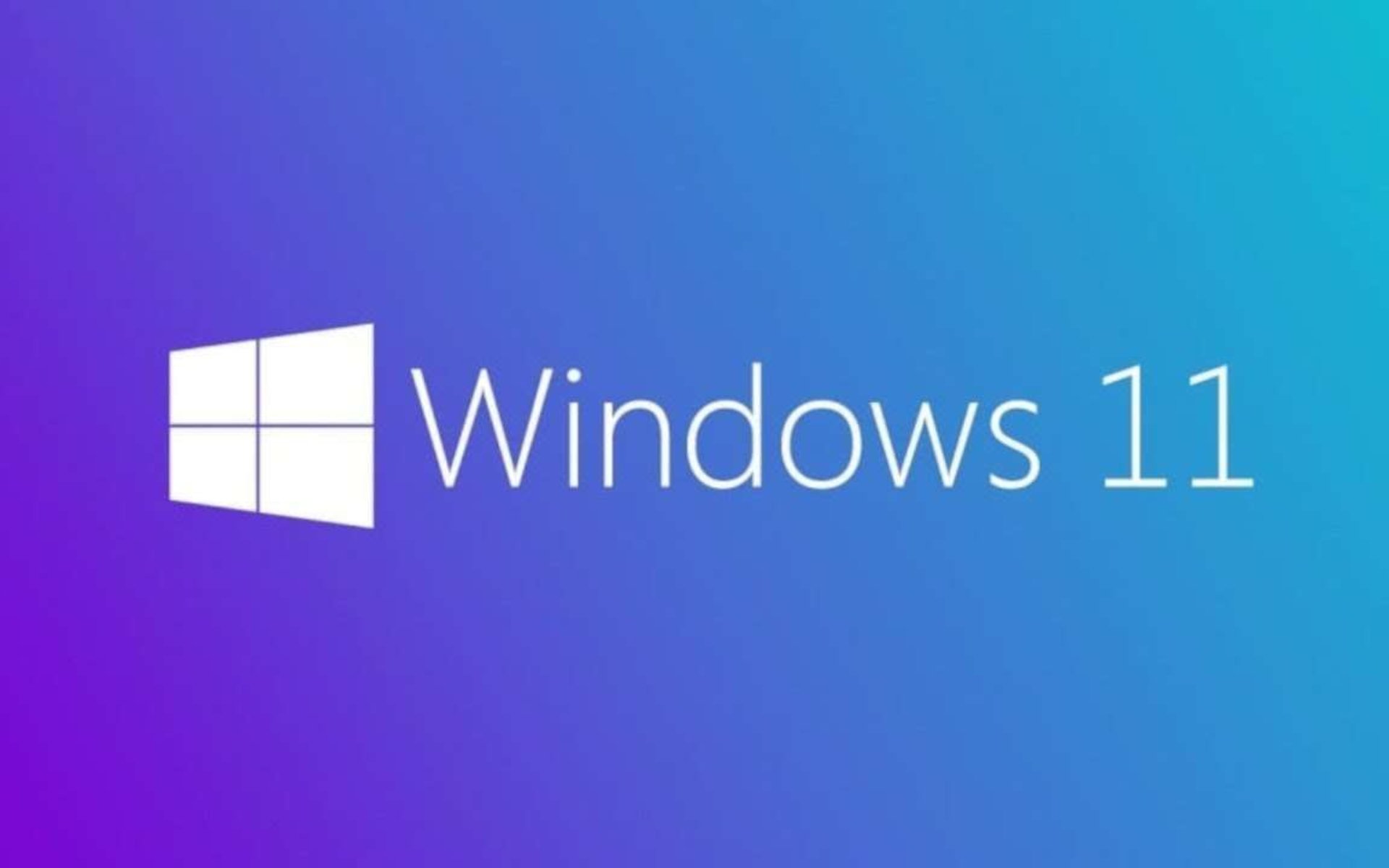
There’s no hiding the fact that most of Microsoft’s patches end up breaking more stuff than they actually fix, so let’s not beat around the bush.
It’s the same with the recent Patch Tuesday rollout for March 2023, in case you weren’t already aware. A lot of users have reported slower performance after installing one of these updates.
We’re talking about a Windows 11 version 22H2 update, so Windows 10 users can breathe a sigh of relief, as this is not at all about them.
There were a lot of things wrong and a lot of bugs still affecting version 22H2, but Microsoft is slowly eliminating most of them.
Users report slower SSD speeds after recent patches
This past week, Microsoft released Patch Tuesday updates as it was the second Tuesday of the month, so the process continues without a flaw.
Furthermore, it was also with this cumulative update that Moment 2 got pushed to all users, and according to some users’ feedback, the update may be slowing down SSDs or other boot drives.
Users posted on Reddit that their NVMe SSD speeds were more than halved, going from the rated 7,000MB/s down to as low as 3,000MB/s.
Needless to say, this issue seemed to get fixed when they reverted back, so clearly, the culprit has been found beyond any doubt.
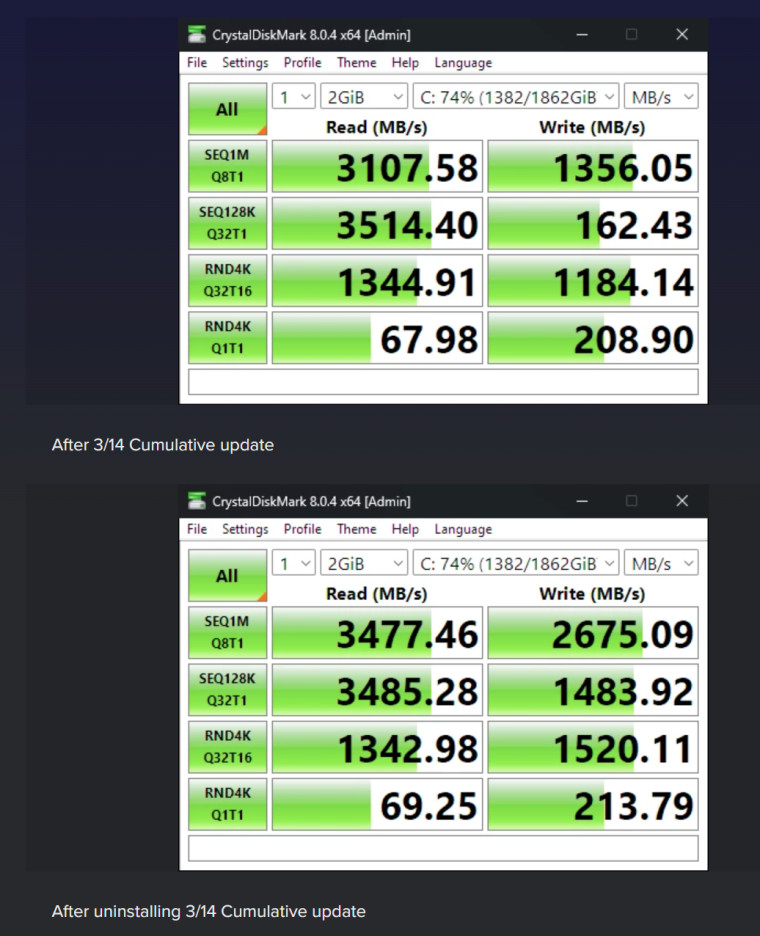
The above-mentioned comment has gathered quite a few upvotes, implying that at least a few of those users also experienced similar issues after installing the update.
Others on the thread responded to this comment saying how their game load times were noticeably slower, and that there were stuttering issues post-Patch Tuesday installation.
Some of the more tech-savvy people outlined the problem through a screenshot showing CrystalDiskMark run before and after the update.
As more people joined in the conversation, we found out that others faced similar problems, such as slow boot times, though this time, it was with the initial Moment 2 release (KB5022913).
Microsoft has officially confirmed that a similar file copy slowdown bug has been fixed with Moment 2, and it is possible that this is a separate problem entirely.
However, the NVMe speed issue isn’t something new as Windows 11 has been impacted by such problems in the past too.
Speaking of NVMe, if you are in a scenario where your NVMe is not showing up in BIOS, we can show you a few neat ways to fix the problem.
Have you also experienced this situation after installing the recent Patch Tuesday updates? Let us know in the comments section below.
Start a conversation

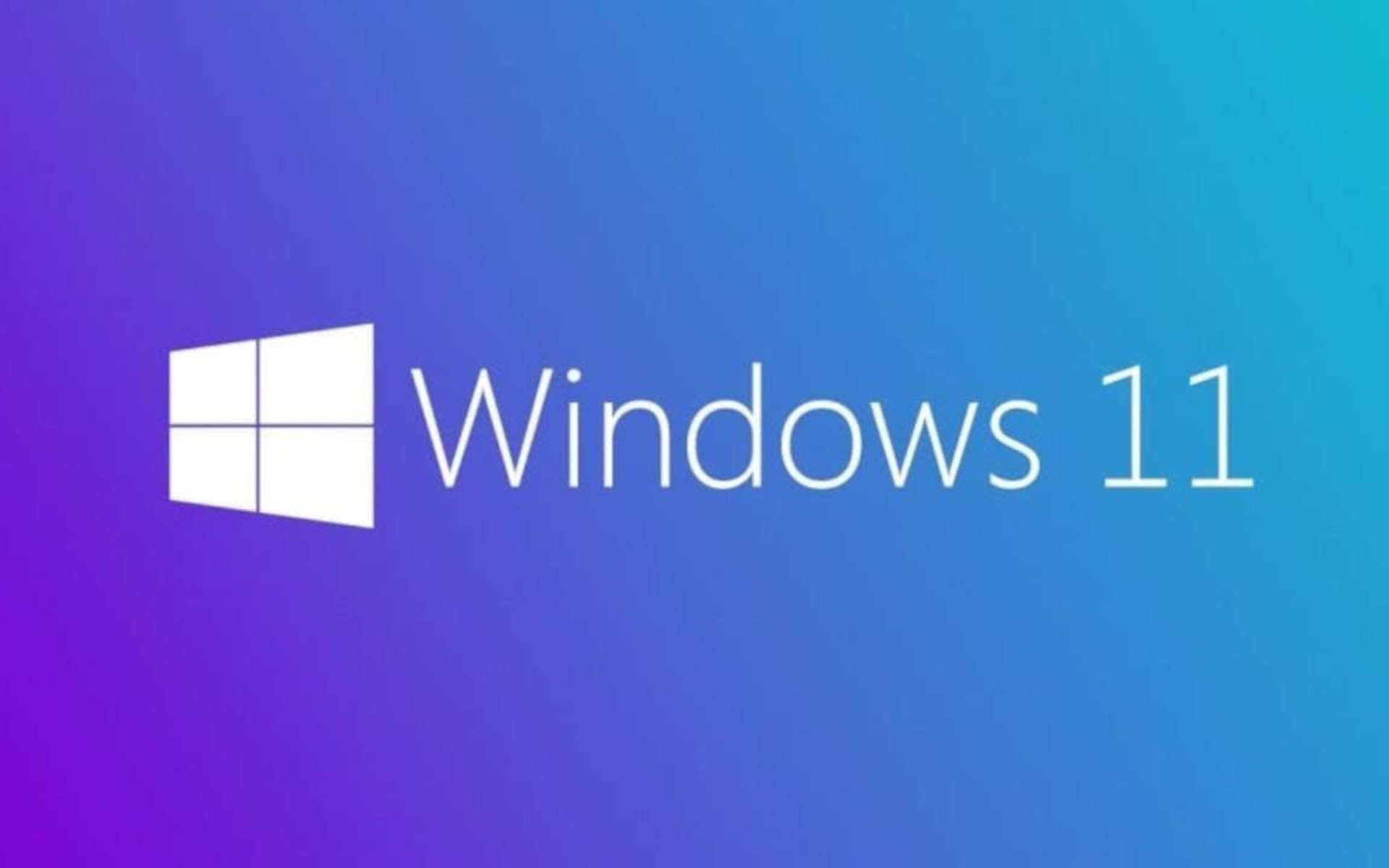
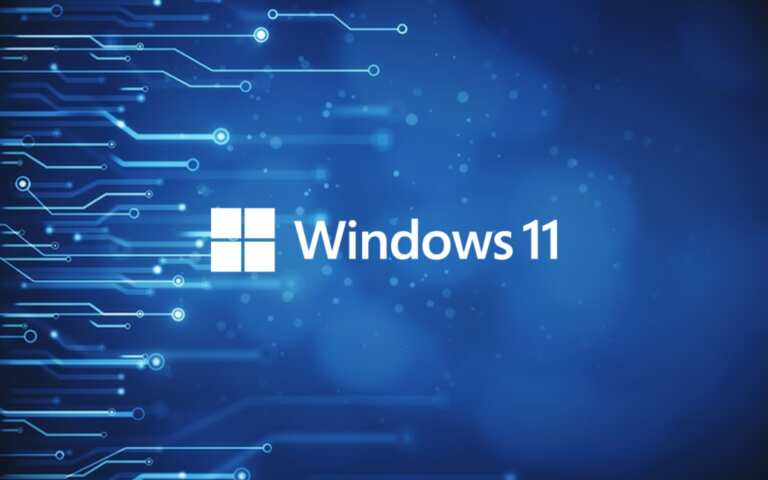
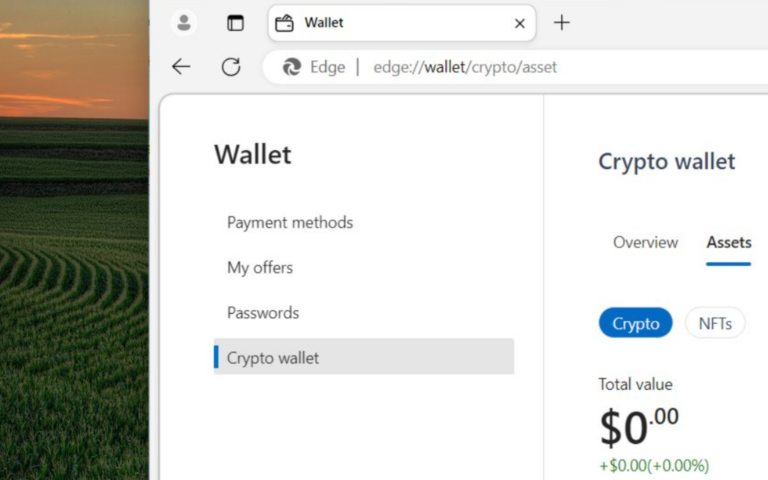
Leave a Comment